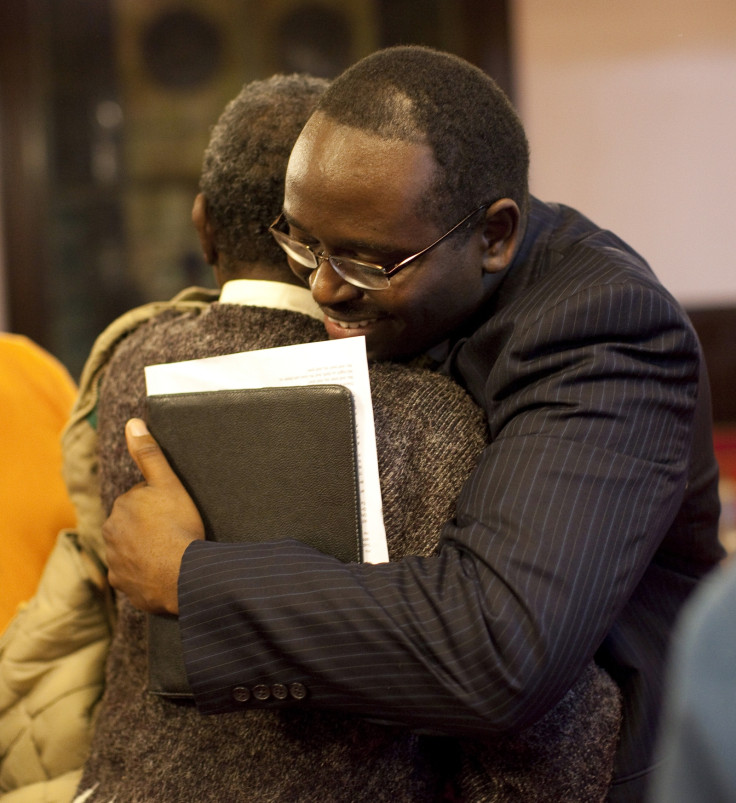Charleston shooting: South Carolina has a chequered history of race relations

South Carolina is not alone among southern US states in having a chequered history when it comes to race relations.
But it was the first state to secede from the Union, in December 1860, and it was one of the last to fall to the Union, in February 1865, during the American Civil War.
Soon after, South Carolina elected Ben Tillman as governor, an outspoken white supremacist who represented the state for four years before joining the US senate in 1890. The so-called 'Jim Crow' segregationist rules were brought in during that time and remained until the 1960s.
Today the Confederate flag that was flown by the south during the civil war flies over government buildings in South Carolina, one of only two states in the country to do so.
In general, far-right groups and individuals are more inclined to engage in violence in a contentious political climate
Speaking the Guardian in April, Lonnie Randolph Jr president of the South Carolina chapter of the National Association for the Advancement of Coloured People (NAACP), said: "We still carry that baggage from 1865 today. That flag of division, the flag of hate, the flag of white supremacy is flying on our statehouse grounds."
The gruesome murder of nine worshippers at the Charleston Emanuel African Methodist Episcopal (AME) in Charleston comes just months after a black man, Walter Scott, was shot dead by a white police officer.
The officer, Michael Thomas Slager, was fired after video footage emerged showing him shooting Scott in the back as he tried to run away and led to accusations of institutional racism not just in South Carolina but in the US as a whole.
The motives of this week's church attack killer – who has not yet been captured by police – have not yet been revealed, but the attack is being listed as a 'hate crime' and it is suggested that the shooter had racial motives for attacking what was a historic and significant church for the African-American community.
South Carolina is home to as many as 19 racist political movements, including two branches of the Ku Klux Klan, three neo-Nazi groups and six pro-confederacy organisations that support secession from the US, according to data from the Southern Poverty Law Center.
In July 2014, South Carolina residents in Seneca reported that they had found bags of sweets on the street along with a note urging them to join the KKK. Robert Jones told local news channel WHNS-TV that he was the imperial klaliff of the Loyal White Knights and said the effort was part of a recruiting event they hold three times a year.
A 2012 report by Arie Perliger at the West Point Terrorism Centre in the US revealed a surge in attacks by far right and neo-Nazi groups in the US over the past decade.
The centre documented 4,420 violent incidents that occurred between 1990 and 2012 within US borders, which caused 670 fatalities and injured 3,053 people. Interestingly, it also found that the number of attacks increase in years prior to a presidential election.
"The years 2003 and 2004 witnessed an increase of over 300% of the number of attacks in 2002. And the years 2007 and 2008 saw an increase of more than 100% of those for 2006," Perliger wrote.
"These findings suggest that, in general, far-right groups and individuals are more inclined to engage in violence in a contentious political climate."
There has been limited progress in race relations in South Carolina, with the state electing its first black senator in Republican Tim Scott in 2014. Scott became only the fifth black senator in the US senate and was endorsed by Tea Party groups.
"I think it says a lot about South Carolina and the evolution we have undergone in the last 50 years. If you look for a state with the most progress in the history of this country in the shortest period of time, look at South Carolina. We have a lot to be proud of," he said.
© Copyright IBTimes 2025. All rights reserved.






















